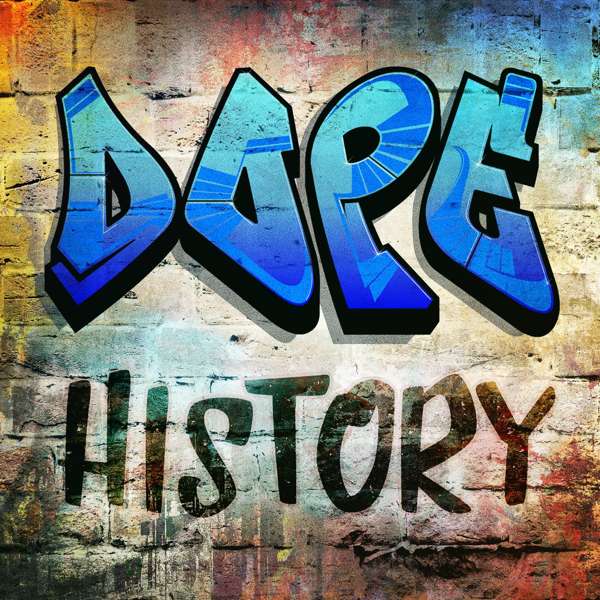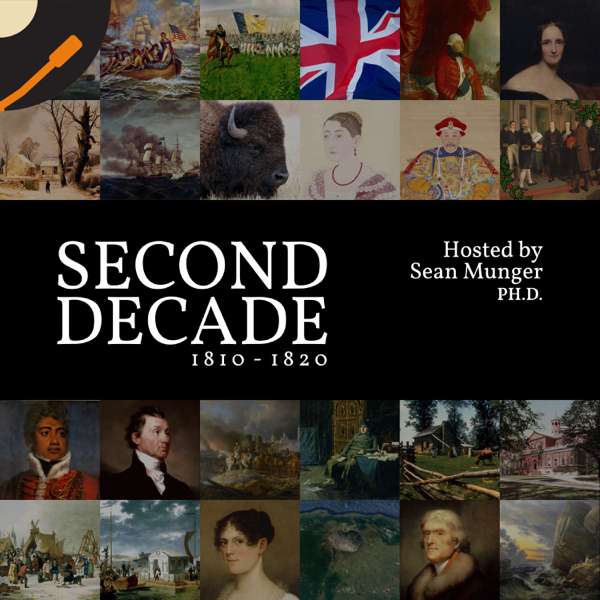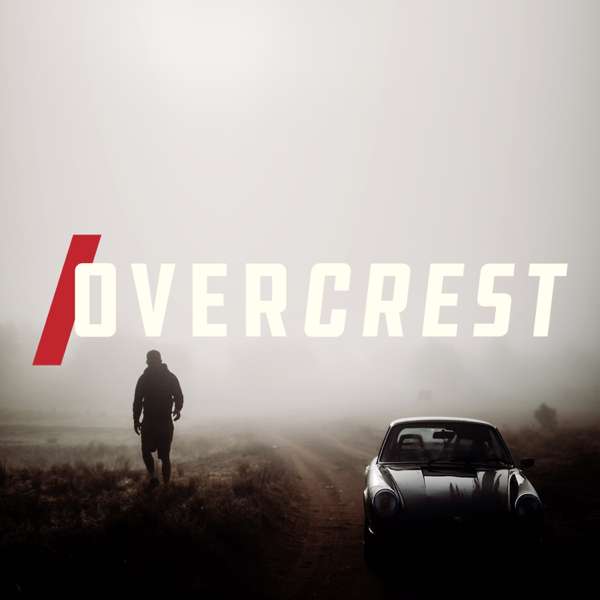I wanted to let you know that my latest book, The End of Antiquity, is now available in both paperback and ebook on Amazon and will be available through most major book retailers soon.
It explores the final days of the Roman and Persian empires, and how they were ultimately overwhelmed by the rise of Islam in the seventh century AD. It covers the warfare, politics, and religious upheaval of the time, but also introduces a compelling new angle: climate change.
Drawing on the latest scientific research, I examine the Late Antique Little Ice Age — a period of significant climatic cooling that struck at the heart of the Roman and Persian worlds, but — and here’s the catch — seems to have allowed Arabia to flourish. I believe this could be a crucial, yet overlooked, factor in understanding this pivotal era of history.
If you’ve been listening to my podcast, you’ll be aware of most of this but I think you’d still find the book worthwhile since it has more content than this podcast and includes 9 maps, 16 pictures, a chronology, lists of Roman emperors and Arab caliphs, a detailed bibliography, notes and an index.
And you get all of that in the ebook format for only $6.99 in the US and £4.99 in the UK – not far off the price of a cup of coffee. The paperback is obviously more expensive but still not exorbitant at $13.99 in the US and £10.99 in the UK.
The link to Amazon is here - and if you do read it, I’d be thrilled to hear your thoughts. Of course, if you enjoy it, a review on Amazon would mean a great deal to me.
Thank you again for your continued interest and support — it’s what makes all of my work possible.
For a free ebook, maps and blogs check out my website nickholmesauthor.com
Find my latest book, The End of Antiquity, on Amazon. For German listeners, find the German translation of the first book in my series on the 'Fall of the Roman Empire', Die römische Revolution, on Amazon.de. Finally check out my new YouTube videos on the fall of the Roman Empire.

 Our TOPPODCAST Picks
Our TOPPODCAST Picks  Stay Connected
Stay Connected







